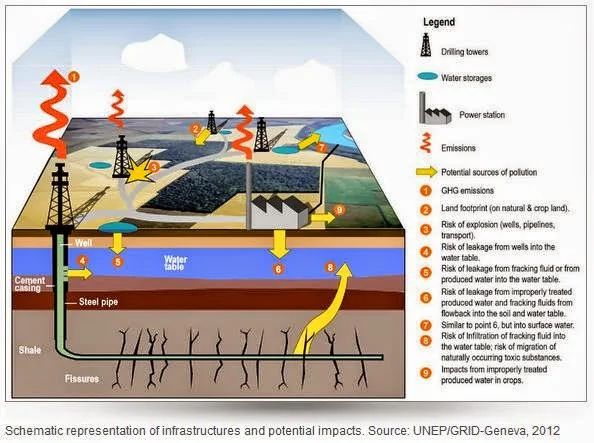Thousands of residents in Canada' s western province of British Columbia (B.C.) remained without power on Tuesday, one day after a winter storm swept through the region, BC Hydro spokeswoman said.
The heavy snowstorm has left up to 40 centimeters of snow in some areas and highway and schools closed. Monday was supposed to be the first day back to class after the winter break.
Closed roads and icy conditions made the work to restore power difficult, BC Hydro spokeswoman Simi Heer said.
As of Tuesday morning, more than 2,000 customers in west coast area and more than 1,000 residents in the Interior were left without electricity.
Nearly three dozen warnings remained in effect on Tuesday about winter storms, rainfall, snowfall and extreme cold across the province, except for the South Coast and Metro Vancouver.
Meanwhile, several highways are closed because of the storm, according to the Ministry of Transportation's DriveBC website. The ministry warns that moderate snow and high winds are increasing the avalanche hazard.
Source:Xinhua - globaltimes.cn
7/1/15
--
-
Related:
The heavy snowstorm has left up to 40 centimeters of snow in some areas and highway and schools closed. Monday was supposed to be the first day back to class after the winter break.
Closed roads and icy conditions made the work to restore power difficult, BC Hydro spokeswoman Simi Heer said.
As of Tuesday morning, more than 2,000 customers in west coast area and more than 1,000 residents in the Interior were left without electricity.
Nearly three dozen warnings remained in effect on Tuesday about winter storms, rainfall, snowfall and extreme cold across the province, except for the South Coast and Metro Vancouver.
Meanwhile, several highways are closed because of the storm, according to the Ministry of Transportation's DriveBC website. The ministry warns that moderate snow and high winds are increasing the avalanche hazard.
Source:Xinhua - globaltimes.cn
7/1/15
--
-
Related:






















 GR
GR FR
FR DE
DE ES
ES IT
IT RU
RU EU
EU